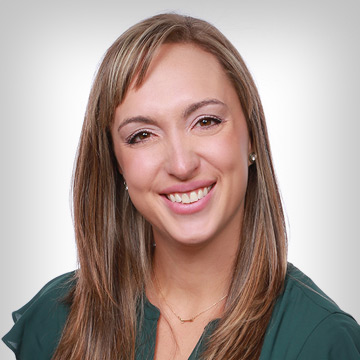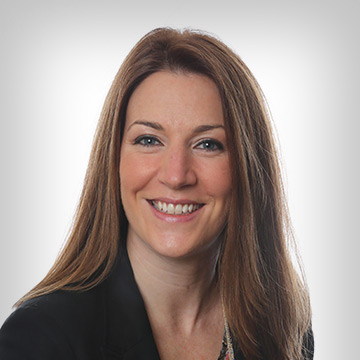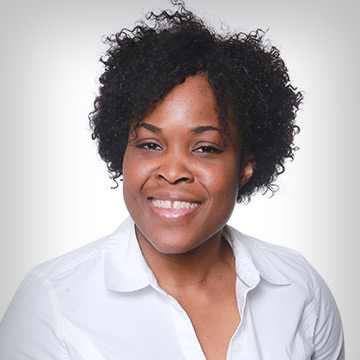Nationally Recognized Stroke Care
Carle Foundation Hospital is the only certified Comprehensive Stroke Center in a Level I Trauma Center in East Central Illinois. Carle Foundation Hospital has neurosurgeons and neurointerventional specialists available 24/7 to ensure faster treatment and help improve outcomes for patients having a stroke.
Carle BroMenn Medical Center and Carle Health Methodist Hospital are both Primary Stroke Centers and, like Carle Foundation Hospital, offers an inpatient rehabilitation unit for patients recovering from a stroke, or other illness or injury.
Carle Hoopeston Regional Health Center, Carle Eureka Hospital, Carle Richland Memorial Hospital, Carle Health Proctor Hospital and Carle Health Pekin Hospital are all recognized as Acute Stroke Ready Hospitals. This means the teams at each of those locations are ready to begin stroke care and transfer patients to a higher level of care as needed.
What Are the Signs of Stroke?
When blood flow to the brain is blocked, that's when you're against the clock. When you suspect someone is having a stroke, B.E. F.A.S.T.:
BALANCE
Is the person suddenly having trouble with balance or coordination?
EYES
Is the person suddenly having trouble seeing out of one or both eyes?
FACE
Ask the person to smile. Is one side of the face drooping or numb?
ARMS
Ask the person to raise both arms. Is one arm weak or numb?
SPEECH
Ask the person to repeat a simple sentence, like "the sky is blue." Is speech slurred?
TIME
If you or another person show any of these symptoms, call 9-1-1 immediately.
Additional signs of stroke may include sudden:
- Numbness of face, arm or leg, especially on one side of the body.
- Confusion, trouble speaking or understanding speech.
- Difficulty walking, dizziness, loss of balance or coordination.
- Severe headache with no known cause.
These warning signs may last only a few moments, then go away. Even if the symptoms go away or lessen in severity, you still need to seek treatment — these could be "mini-strokes" and a signal that a larger stroke is coming.
Stroke is a medical emergency and receiving timely stroke treatment is an important step to recovery. Treatment must be started within the first few hours after symptoms begin to be effective.
Calling 911 means that emergency medical personnel can begin assessment on the way to the hospital and a specialized medical team can be ready on arrival.
Who's At Risk for Stroke?
Anyone can have a stroke, but some people have a higher risk.
Some trait-based factors put you at a higher risk:
- Age 55 or older
- Female
- Black, Hispanic, Asian or Pacific Islander
- Family history of stroke or heart attack
Take steps to help control these risk factors:
- High blood pressure
- High cholesterol
- Atrial fibrillation
- Heart disease
- Diabetes
- Being overweight or obese
- Not enough physical activity
- Using tobacco or alcohol
There are many factors you can control by living a healthy lifestyle. If you have these risk factors, talk with your doctor about ways to reduce your risk.
Knowing how to spot a stroke and respond quickly could potentially save a life—maybe even your own. Test your stroke knowledge by taking this short quiz.




